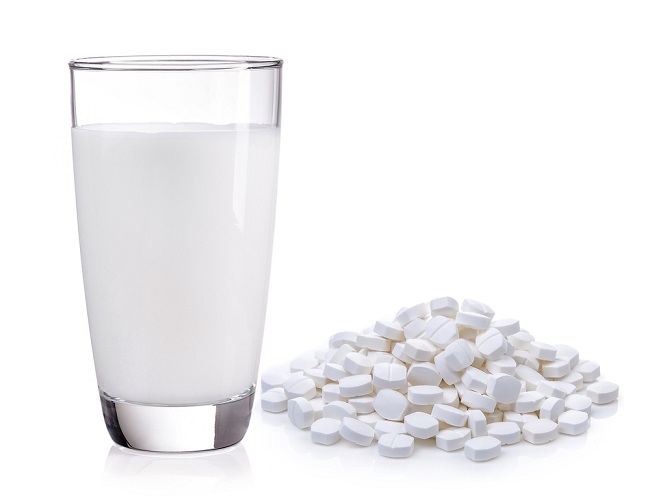Williams syndrome is a rare genetic disorder that causes impaired growth and development. This condition is very rare and only occurs in 1 in 10 thousand people. Usually, genetic disorders have been known since the baby was born, because there are several "typical" signs that the sufferer has.
Williams syndrome is caused by a genetic disorder. However, Williams syndrome can affect anyone, including people who do not have a history of this disease in their family.

Signs Your Child Has Williams Syndrome
Williams syndrome is characterized by several distinctive signs and conditions, namely:
1. Unique and distinctive face
Children with Williams syndrome have a unique and distinctive face, namely a wide forehead, a shorter nose with a broad tip, plump cheeks, wide mouth, and thick lips. As adults, people with Williams syndrome tend to have longer and thinner faces.
2. Abnormal dental condition
Children with Williams syndrome have abnormal teething. Their teeth grow irregular, small, and loose.
3. Slow growth
Newborns with Williams syndrome tend to be underweight. Usually people with this syndrome will experience growth disorders, so that when they grow up, people with Williams syndrome are generally short in stature.
4. Difficulty breastfeeding
Children with Williams syndrome also experience eating problems, such as difficulty swallowing and a tendency to eat very slowly.
5. Sensitive hearing
People with Williams syndrome are more sensitive to sound. They can even be surprised when they hear a sound at a normal volume.
6. Frequent colic
Babies with Williams syndrome are more likely to have colic. Colic is often associated with hypercalcemia, which is high levels of potassium in the blood, which often occurs in people with Williams syndrome.
7. Slow development
The next sign of Williams syndrome is slow development. Children with Williams syndrome have delays in speaking or walking. Children with Williams syndrome are also more likely to have ADHD.
8. Heart and blood vessel disorders
Patients with Williams syndrome can also have abnormalities in the heart, such as narrowing of the aorta and arteries.
9. Kidney disorders
Although not always, some people with William's syndrome can also have abnormalities in the structure and function of the kidneys.
10. Muscle and joint disorders
The next sign of Williams syndrome is the presence of abnormalities in the muscles and joints. People with Williams syndrome tend to have weak muscles and poor motor coordination.
In addition to physical abnormalities, people with low Williams syndrome also tend to have a low level of intelligence or IQ. But they tend to be sociable and not even afraid to interact with strangers.
With these various disorders, caring for and assisting children with Williams syndrome is not an easy thing. You have to be patient and regularly check his health to the doctor so that his condition is always monitored.
However, you don't need to be discouraged. Although this disorder affects many aspects, children with Williams syndrome are usually quick to learn new things. They can also speak and read well, some of whom even have talent in music.









